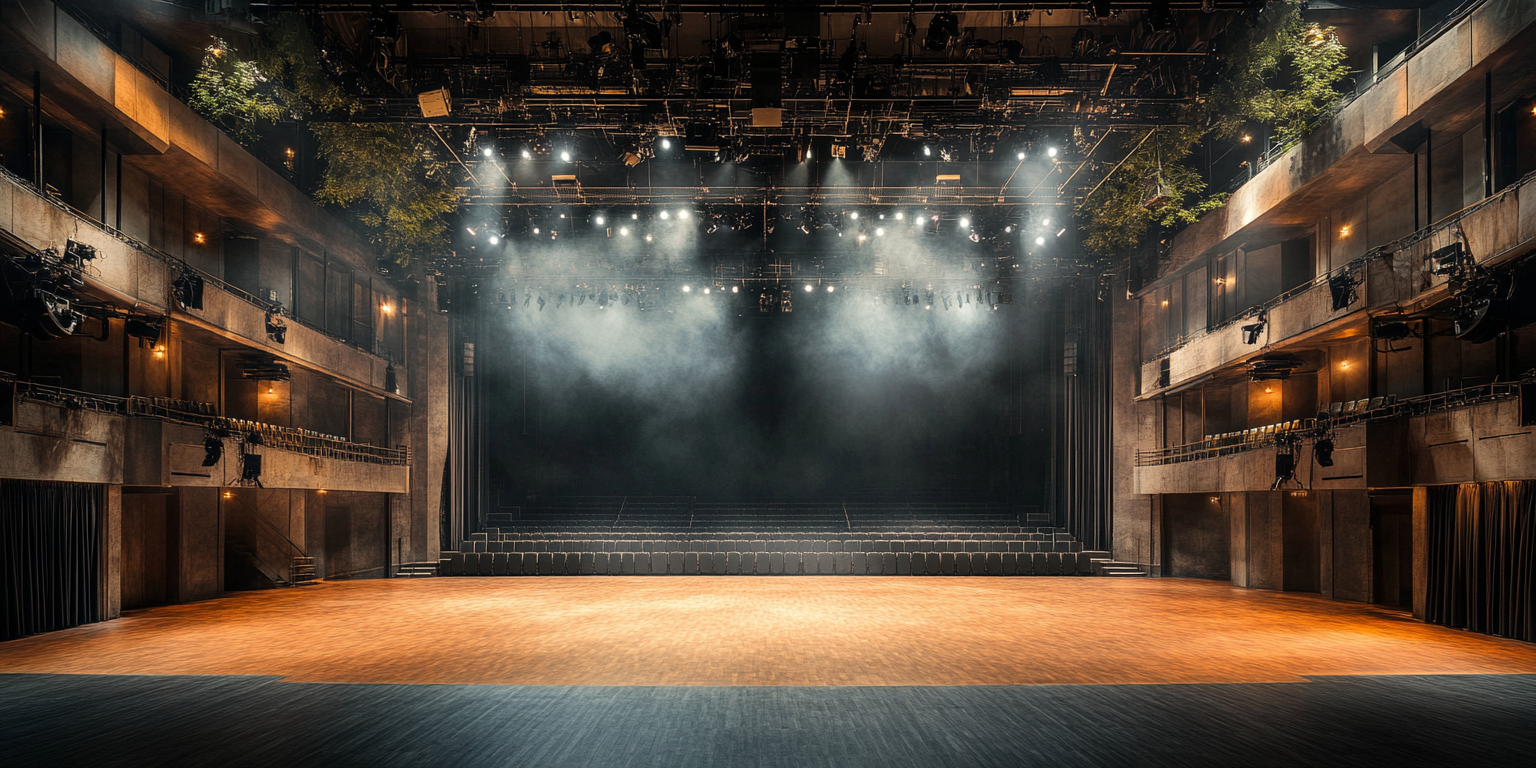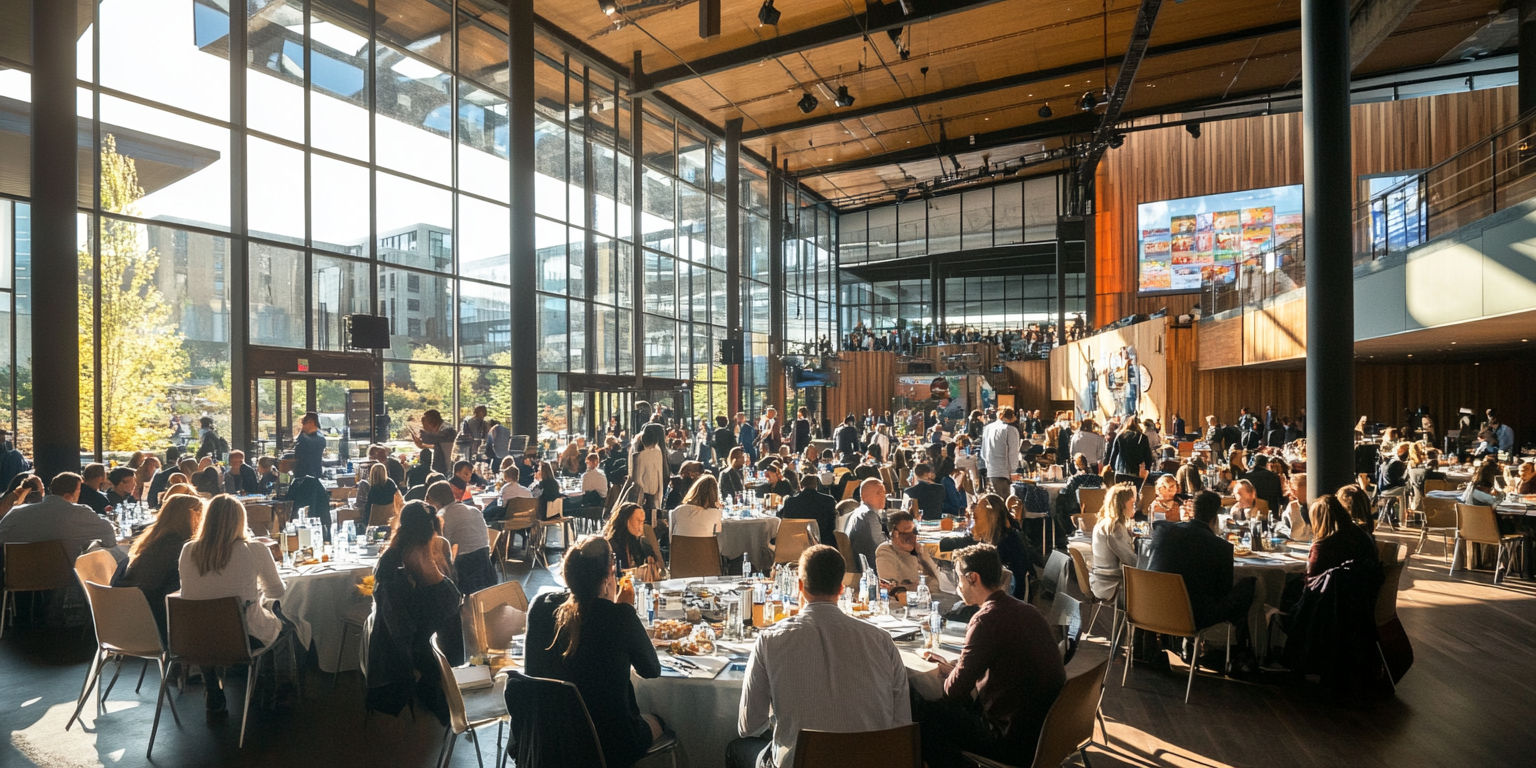
Curating Concerts: How Event Schedules Empower Music Professionals
For music curators, individuals who meticulously compile lists of fantastic local concerts and events, staying organized and informed is paramount. They need to discover, track, and promote events effectively. Event scheduling software, like Event Schedule, provides a powerful toolkit to streamline these tasks and enhance their ability to connect audiences with the music they love.
Why Music Curators Need Event Schedules
The world of live music is vibrant and dynamic. Shows pop up daily, venues change schedules, and artists announce gigs at a moment's notice. Manually tracking all of this information through spreadsheets or scattered notes is a recipe for missed opportunities and organizational headaches. An event scheduling platform offers a centralized and efficient solution.
Key Benefits of Using an Event Schedule
- Centralized Information: Store all event details in one place, including dates, times, venues, artists, ticket links, and descriptions.
- Collaboration Tools: If you work with a team, easily share event information, assign tasks, and track progress.
- Calendar Integration: Sync your event schedule with your personal calendar (Google Calendar, Outlook, etc.) to avoid scheduling conflicts.
- Advanced Search and Filtering: Quickly find specific events based on criteria like genre, artist, venue, or date.
- Promotional Planning: Schedule social media posts, email newsletters, and other promotional activities to increase event awareness.
Practical Tips for Music Curators
- Start with a System: Define a clear process for adding events to your schedule, including the specific information you need to collect.
- Categorize Events: Use tags or categories to organize events by genre (e.g., rock, jazz, hip-hop), venue type (e.g., club, theater, outdoor), or target audience (e.g., all ages, 21+).
- Prioritize Events: Use flags or labels to indicate which events are most important or have the highest potential for success.
- Set Deadlines: Establish deadlines for tasks like securing tickets, writing event previews, and scheduling social media posts.
- Analyze Your Data: Track which events generate the most interest and engagement to inform your future curation decisions. This can be done directly within platforms like Event Schedule using their reporting tools or exporting data to your preferred analytics software.
Example Workflow for a Music Curator
Here's a hypothetical workflow:
- Discovery: Use online resources, social media, and industry contacts to identify potential events.
- Evaluation: Assess the quality and relevance of each event based on your curation criteria.
- Scheduling: Add selected events to your event schedule, including all relevant details.
- Promotion: Develop and execute a promotional plan for each event, using social media, email marketing, and other channels.
- Tracking: Monitor event attendance, social media engagement, and other metrics to measure success.
- Analysis: Analyze the data collected to improve your curation process and future event selections.
Choosing the Right Event Scheduling Tool
When selecting an event scheduling tool, consider the following factors:
- Features: Does the tool offer the features you need, such as centralized information storage, automated reminders, and collaboration tools?
- Ease of Use: Is the tool easy to learn and use? A complicated interface can hinder your productivity.
- Integrations: Does the tool integrate with other platforms you use, such as your calendar, email marketing software, and social media platforms?
- Pricing: Does the tool fit your budget? Consider both the upfront cost and any ongoing subscription fees.
By leveraging the power of event schedules, music curators can elevate their craft, stay ahead of the curve, and deliver exceptional experiences to their audience. A well-organized schedule is the foundation for connecting people with the sounds they love.
Related Posts

Build a Buzz: Recurring Flea Market Events & Newsletters
Discover how flea markets can build a loyal following using consistent recurring event schedules and engaging email newsletters. Learn practical tips for boosting attendance and fostering community.

Boost Comedy Ticket Sales: Calendar & Email Marketing
Discover how comedy clubs can boost ticket sales by integrating an embeddable lineup calendar with targeted email marketing strategies for maximum audience engagement.

Maximizing Event Impact: Convert Attendees to Advocates
Learn how to transform event attendees into loyal community advocates, driving long-term engagement and amplifying your event's reach through strategic post-event initiatives.